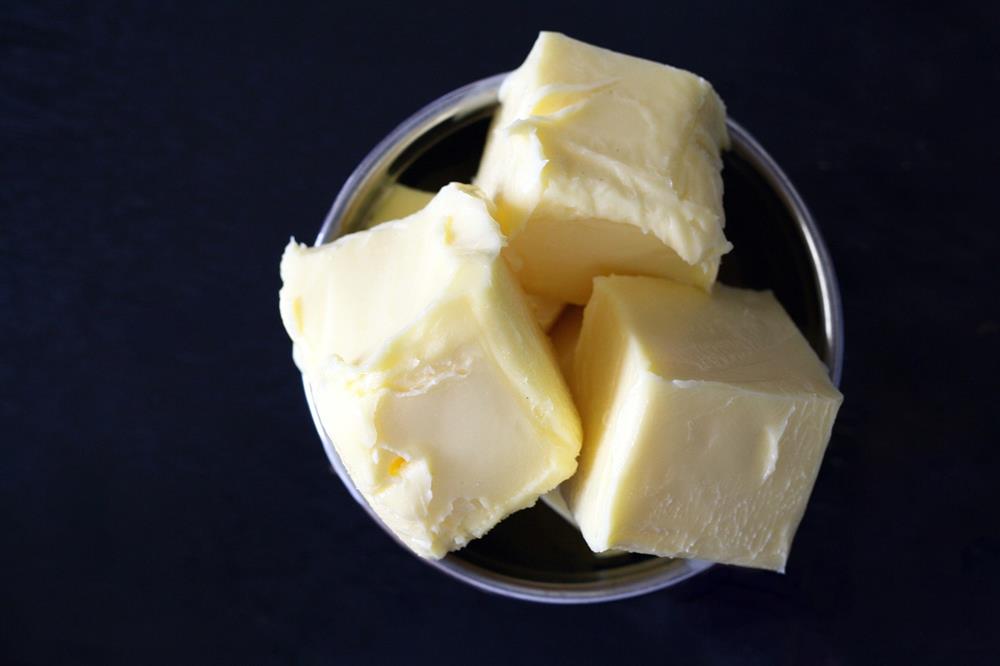Unsalted and Salted Butter: What’s the Difference?
Ah, butter. It’s one of the world’s most popular fat. (We can trace butter nearly 10,000 years ago when our ancestors first started to domesticate animals.) It’s in every cook and baker’s repertoire. From sauce making to sautéing, there’s a reason why it’s used so often in the culinary world. It gives croissants that flaky texture. It gives creamy sauces richness.
Butter truly makes everything better.

But you’ll notice that you have a choice on our website when it comes to buying butter: unsalted or salted butter. Which one should you add to your cart? Does it even matter which one you choose?
Yes!
Unsalted butter is the go-to for bakers. It adds fat and flavor, while also allowing you to have full control over the salt content. It delivers a mild, delicious flavor that elevates any meal, whether it’s fluffy mashed potatoes or buttery cookies.
But what happens if you want to make something, and the recipe calls for
So then, why should you use salted butter? Well, it depends on what you’re cooking.
If you’re sautéing vegetables, for example, grab the salted butter. It will take whatever you're cooking to the next level. It should also be mentioned that salted butter tends to last longer since the salt acts as a preservative.

But what happens if you want to bake cookies, and the recipe calls for unsalted? Not to worry! (Some even say it’s the secret to better cookies.) You can still bake (and devour) those cookies. But if the recipe does call for salt, consider reducing the amount or eliminating it altogether.
There you have it. Now you’ll know which Smith Brothers Farms butter to add to your next order!
